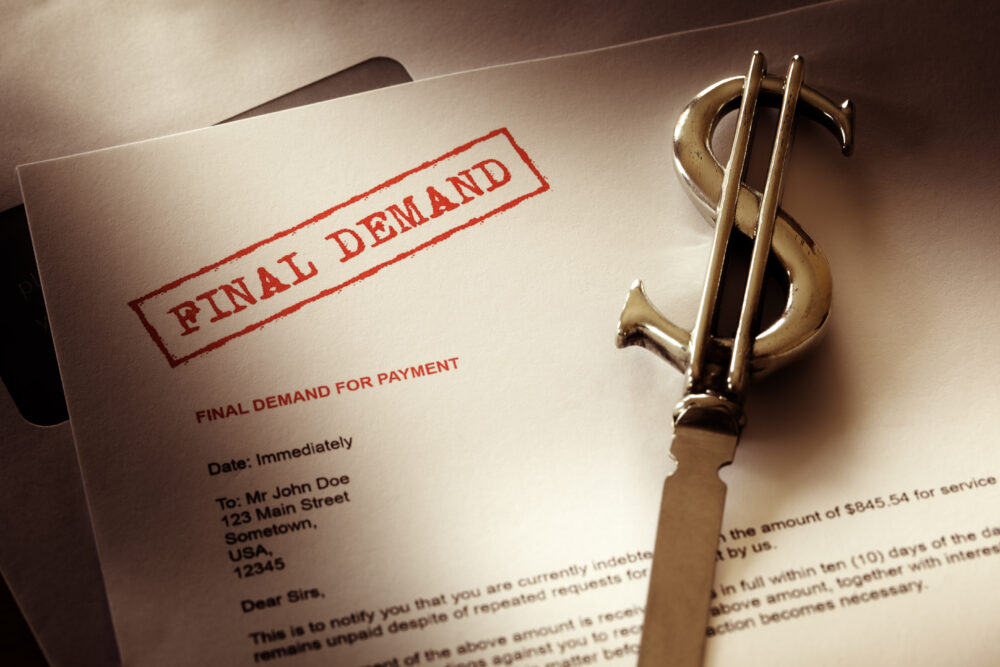When a judgment’s put against you in court, the judge gives a monetary award to the plaintiff. But if you do not have the income, reserves, or assets to pay that judgment, there is the likelihood that you are judgment proof.

What Is Judgment Proof?
A creditor can sue you for not making payments on things like your phone or credit card bill. These institutions will aggressively pursue you to collect their due. If creditors sue and succeed, they receive a judgment and can garnish specific types of income. Judgment proof protects your limited assets.
Who Qualifies?
If you are judgment proof, no one can use such processes as garnishment against you. How do you verify your situation? To start, if you have no savings or property, you’re probably already judgment proof.
To be judgment proof, all the following must apply to you.
- Your income is not subject to garnishment
- Your debt is all unsecured
- You’re safeguarded by exemptions
- The situation is unlikely to change
Take note, the suing process doesn’t take any of this into account. A creditor can sue you regardless. They simply won’t be able to collect.
Any individual with a low-paying job doesn’t qualify for wage garnishment. A person with no bank account or personal property is judgment proof. Recipients of certain incomes are ineligible. These include:
- Social security and unemployment
- Veteran’s benefits
- Federal and civil servant retirement benefits
- Child support
- SSI
- Public assistance benefits
Judgment Proof Status
If your financial situation changes, so can your judgment proof status. A party can present a promotion, pay raise, or inheritance to the court for a review of your status.
There are legal ways to manage this situation. Writing a letter to the court, negotiating with a creditor to settle the debt, or working with a firm like ProAdvocate Group. We’re an experienced team that makes the law work for and not against you.
